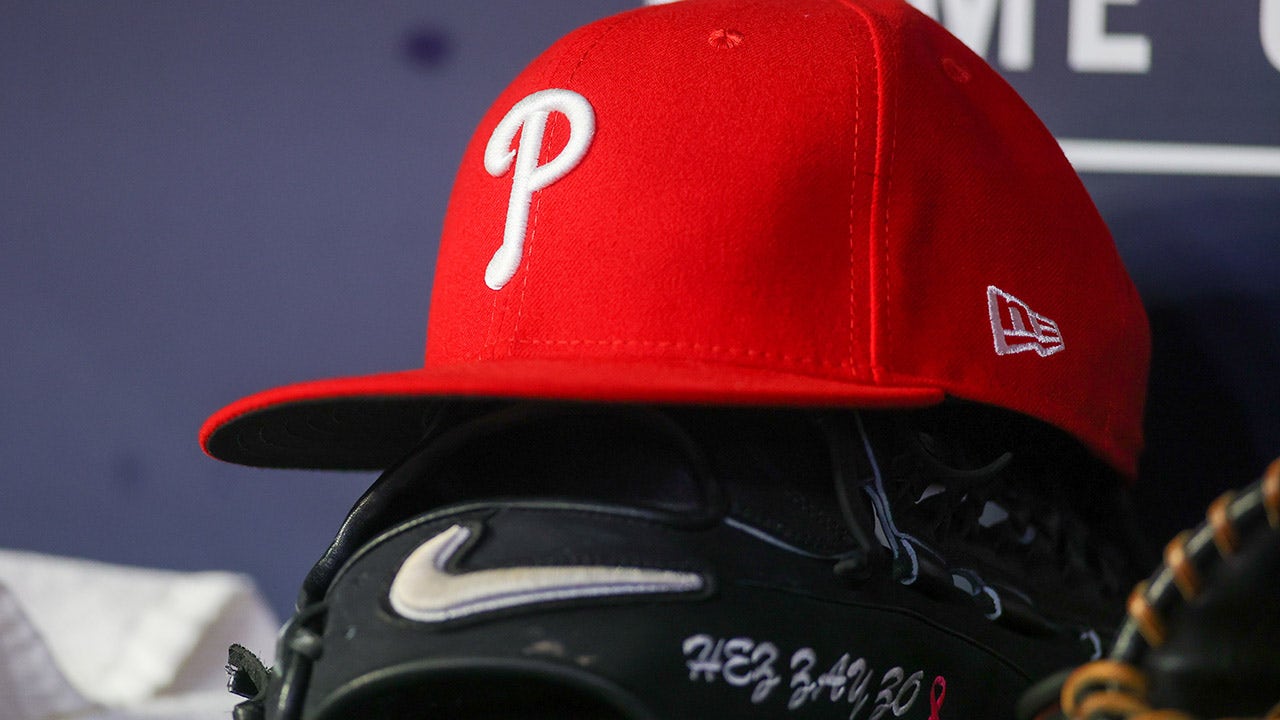Track & field to be 1st sport to introduce Olympic prize money, with $50K US for gold-medal win

Track and field is set to become the first sport to introduce prize money at the Olympics, with World Athletics saying Wednesday it would pay $50,000 US to gold medallists in Paris.
The move is a symbolic break with the amateur past of the Olympics in one of the games’ most-watched events.
The governing body of athletics said it was setting aside $2.4 million to pay the gold medallists across the 48 events on the track and field program for this year’s Paris Olympics. Relay teams will split the $50,000 between their members. Payments for silver and bronze medallists are planned to start from the 2028 Olympics in Los Angeles.
Canadian track and field medal winners will receive this prize money in addition to the $20,000 for winning gold, $15,000 for silver, and $10,000 for bronze awarded through the Canadian Olympic Committee Athlete Excellence Fund.
“Prize money on the pro circuit has gone down since I got in the sport. So it’s a step in the right direction for World Athletics to be stepping up at the Olympics,” De Grasse told Reuters.
His relay teammate, Aaron Brown, concurred in a post to X.
“Long way to go but at least it’s a step,” Brown wrote.
Race walker Evan Dunfee, who won 2021 Olympic bronze in the men’s 50-kilometre event, gave the announcement a thumbs-up.
“It sets a fantastic tone for other federations and shows that the sport is in a healthier place than it was several years ago,” Dunfee said.
“Really glad to see this from [World Athletics] and it’s sad that this isn’t coming from the [International Olympic Committee].”
<a href=”https://twitter.com/FitzDunk?ref_src=twsrc%5Etfw”>@FitzDunk</a> I updated your chart 😂 <a href=”https://t.co/1EeL65LPeu”>pic.twitter.com/1EeL65LPeu</a>
—@speedendurance
Will move upset balance of power?
World Athletics president Sebastian Coe told reporters the move is meant “to recognize that the revenue share that we receive is in large part because our athletes are the stars of the show.”
The prize money will come out of the share of Olympic revenue the International Olympic Committee distributes to World Athletics.
However, the move could upset the balance of power in the Olympic movement ahead of the Paris Games. Coe said World Athletics only gave the International Olympic Committee “a heads-up” of its intentions on Wednesday morning, shortly before it published its announcement. The IOC did not immediately respond to a request for comment on the World Athletics plan.
However, the move could upset the balance of power in the Olympic movement ahead of the Paris Games. Coe said World Athletics only gave the International Olympic Committee “a heads-up” of its intentions on Wednesday morning, shortly before it published its announcement.
In response, the IOC said it was up to each sport’s governing body to decide how to spend its share of Olympic revenue.
“The IOC redistributes 90 per cent of all its income, in particular to the National Olympic Committees [NOCs] and International Federations [IFs],” the IOC said. “This means that, every day, the equivalent of $4.2 million goes to help athletes and sports organizations at all levels around the world. It is up to each IF and NOC to determine how to best serve their athletes and the global development of their sport.”
The modern Olympics originated as an amateur sports event and the IOC does not award prize money. However, many medallists receive payments from their countries’ governments, national sports bodies or from sponsors.
“I’m probably the last generation to have been on the 75-pence [95-cent] meal voucher and second-class rail fare, competing for my own country. So believe me, I do understand the nature of the transition we’ve been in,” Coe said.
The British runner won gold in the 1,500 metres at the 1980 and 1984 Games in an era when Olympic track was on the verge of opening up to professional athletes.
‘I’m not in it for the money’
“It’s a completely different planet from when I was competing, so it’s very important that this sport recognizes the change in that landscape and the added pressures on many competitors.”
Norwegian Olympic 400 hurdles champion Karsten Warholm says Wednesday’s announcement doesn’t change his motivation to win in Paris.
“For the Olympics, I’m not in it for the money,” he said. “But when it comes to building a professional sport, I think it’s going in the right direction.”
The United States Olympic and Paralympic Committee awarded $37,500 to gold medallists at the last Summer Games in Tokyo in 2021. Singapore’s National Olympic Council promises $1 million for Olympic gold, a feat only achieved once so far by a Singaporean competitor.
In sports like tennis and golf, the Olympic tournament is the only time in a season that many pro players compete for free, with medals on offer but no prize money. But Coe didn’t want to speculate on whether other events could follow track and field’s lead.
“I’ve always made it a point not to speak on behalf of other sports,” Coe said.
Presidential bid by Coe possible
The move by World Athletics could be seen as an indicator of Coe’s intentions for the Olympics as a whole if he makes a run for the IOC presidency.
“I haven’t ruled it in, and I certainly haven’t ruled it out,” Coe said last year when asked whether he would consider running for the IOC’s top post when Thomas Bach’s term ends in 2025. The IOC typically disapproves of any public campaigning for the presidency.
Olympic gold medallists will still earn less prize money than they would at World Athletics’ own world championships. Last year’s edition in Budapest paid out prize money down to eighth place with $70,000 on offer for individual gold medallists.
Athletes will have to pass “the usual anti-doping procedures” at the Olympics before they receive the new prize money, World Athletics added.




